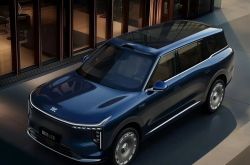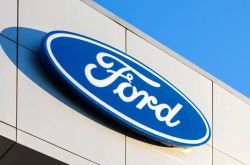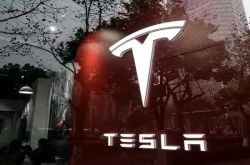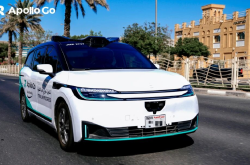The European Market Poised to Become a New Growth Engine for Chery Sales
![]() 05/08 2025
05/08 2025
![]() 639
639
Introduction | Lead
European media reports indicate that Chery Automobile is poised to acquire a Volkswagen factory in Germany, paving the way for local production of its newly launched Lepas brand. With an existing factory in Spain, establishing another facility in Germany would significantly bolster Chery's presence in the European market.
Produced by | Heyan Yueche Studio
Written by | Zhang Chi
Edited by | He Zi
Total Words: 2495
Reading Time: 4 Minutes
On the occasion of the 50th anniversary of diplomatic relations between China and the European Union, both parties decided to lift restrictions on mutual exchanges, which was met with widespread applause and positive evaluations across Europe. This development also presents a favorable opportunity for Chinese automakers like Chery, which aspire to make significant inroads into the European market. Recently, European media outlets reported that Chery Automobile is in talks to acquire a Volkswagen factory in Germany to facilitate local production of its Lepas brand.
As early as 2025, Volkswagen had contemplated layoffs, but due to strong opposition from labor unions, it chose instead to sell its factories in Dresden and Osnabrück to achieve cost reduction targets. For Volkswagen's management and labor unions, the potential takeover by another automaker carried relatively minor negative impacts, making it an acceptable solution for all parties. Since then, rumors have circulated that several Chinese automakers plan to acquire or lease Volkswagen factories in Germany. Currently, the likelihood of Chery's acquisition has increased. According to media reports, Chery has confirmed that it is in discussions regarding localized production in Germany but has not disclosed whether Volkswagen is indeed the partner.
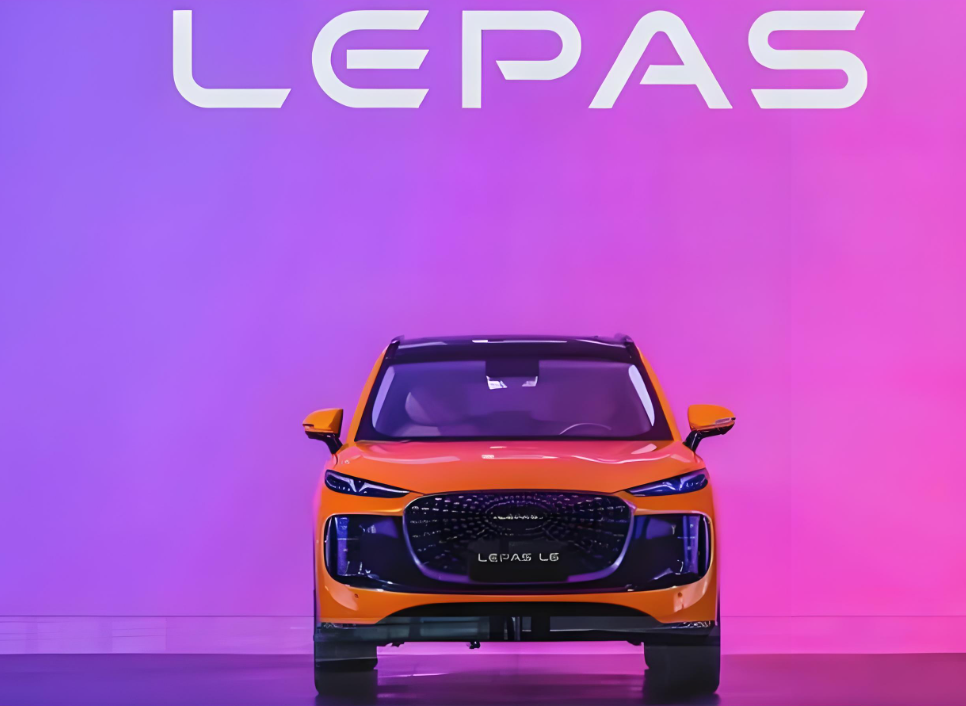
△ Chery intends to produce Lepas-brand models in Volkswagen's factory
Chery's Overseas Strategic Focus May Shift to Europe
Among China's mainstream automakers, Chery maintains a relatively balanced approach to domestic and overseas development. In 2024, Chery exported 1.145 million vehicles, marking a year-on-year increase of 21.4%. At the group level, Chery's overseas sales accounted for approximately 44% of its total sales. Consequently, Chery places greater emphasis on the development of overseas markets compared to other domestic automakers.
Furthermore, unlike BYD, which focuses primarily on new energy vehicles, Chery pursues multiple technological pathways simultaneously: fuel, pure electric, and plug-in hybrid. Chery has not neglected any of these areas and has invested considerable resources in forward-looking projects such as fuel cells and flying cars. Such a broad undertaking necessitates Chery to continuously increase sales to amortize previous investments.
As the third-largest automobile market globally, the EU market trails only China and the United States in sales volume. Consequently, the EU is naturally a key overseas market that Chery urgently needs to focus on expanding. In 2024, when including sales of cars in the UK and Nordic countries, the entire European automobile market reached a scale of 12.964 million vehicles. Despite the anti-subsidy tariffs on electric vehicles imposed last year, the EU has not erected high trade barriers for Chinese cars, unlike the United States. For Chery, gaining a strong foothold in the EU market will provide a new impetus for its sales growth.
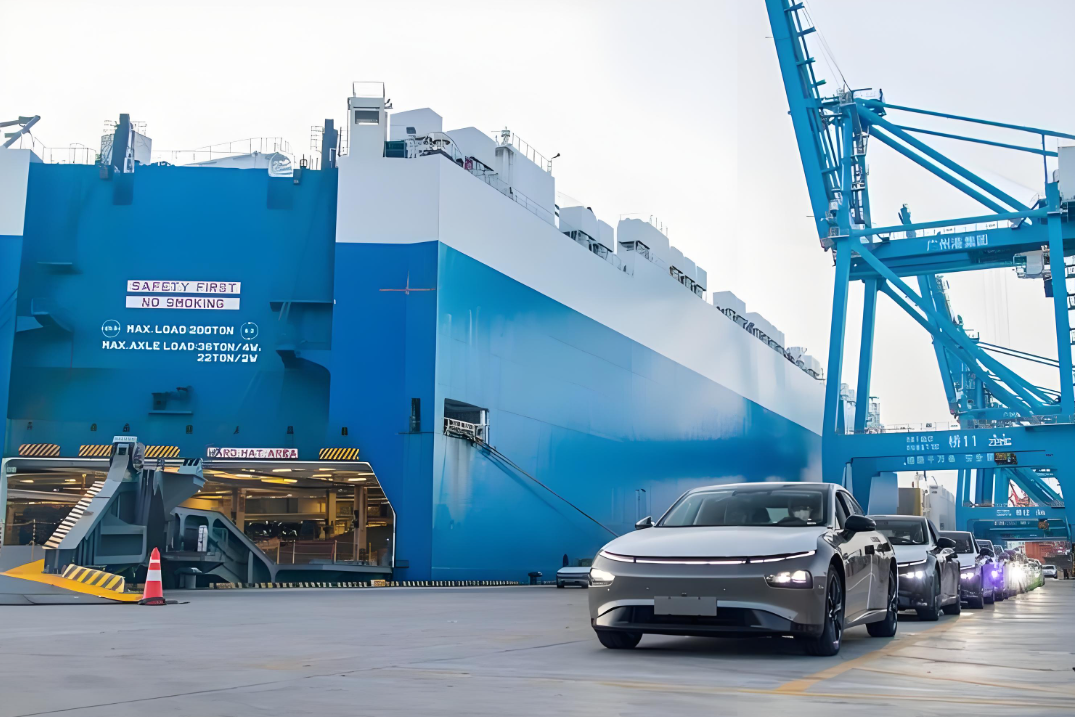
△ Compared to the United States, the EU is more inclusive towards Chinese cars
From the perspective of Chery's strategic layout in Europe, if the German factory materializes, it will complement its existing facility in Barcelona, laying a solid foundation for Chery's expansion in Europe. Chery's Barcelona factory not only entered a new phase of localized assembly at the end of last year but also plans to further adjust its product line: increasing the pure electric versions of the Omoda and Jaecoo brands and boosting production of Tiggo plug-in hybrid models. The related adjustments are expected to be completed by the end of this year, at which point the Barcelona factory, with a maximum annual capacity of 200,000 vehicles, will become a significant force.
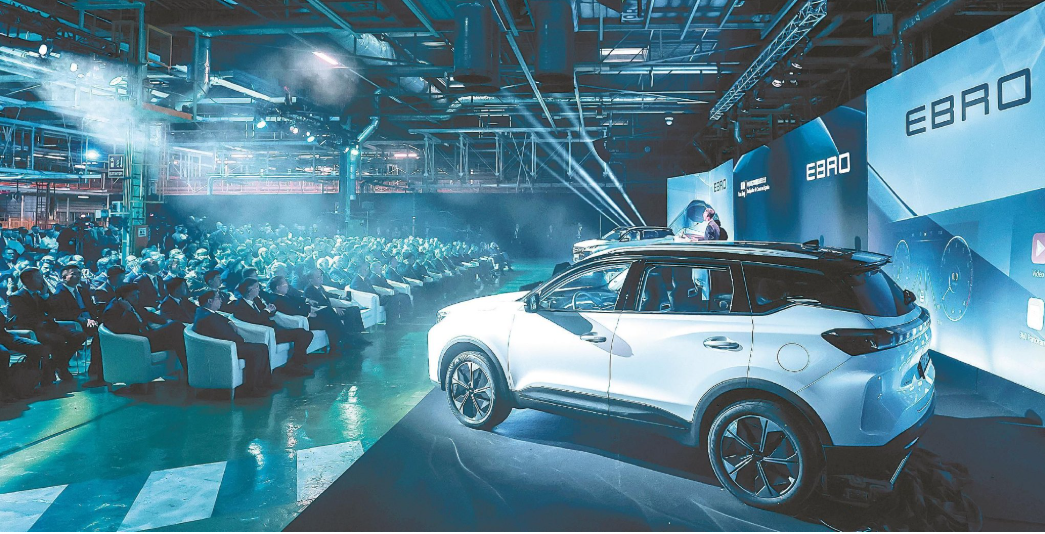
△ Chery's Barcelona factory is about to complete adjustments and operate at full capacity
Opportunities and Challenges Coexist
In fact, Zhang Guibing, Chery's Executive Vice President of International Business, stated during a communication meeting with dealers and media in Wuhu in April this year that Chery was indeed in discussions regarding localized production in Germany. However, he also acknowledged that Chery was conducting feasibility studies, including assessments of production costs, supply chains, labor unions, and regulations.
Producing in Europe is no easy feat. Taking Tesla's Gigafactory Berlin as an example, despite receiving full support from the German government, it still lags significantly behind the Shanghai Gigafactory. In 2024, the production capacity of the Berlin Gigafactory increased to 375,000 vehicles, whereas the Shanghai Gigafactory's production capacity has reached a scale of 1 million vehicles. To date, all Model 3s sold in the European market are produced in Shanghai and transported to Europe for sale.
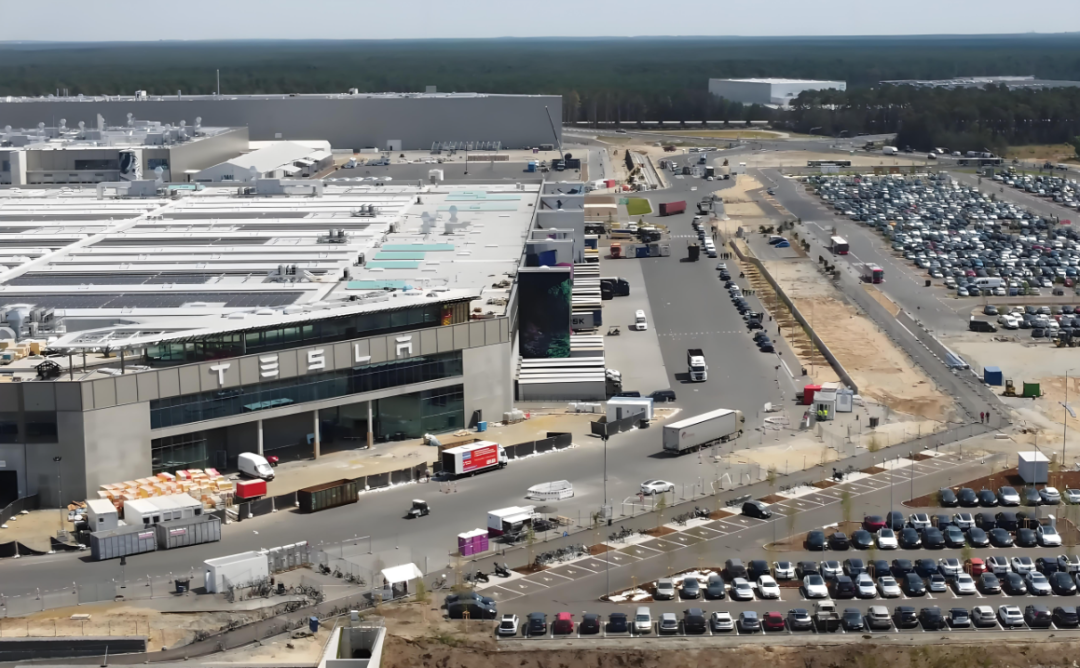
△ Tesla's Berlin Gigafactory faces more operational challenges than the Shanghai Gigafactory
For Chery, its production in Germany may encounter similar difficulties as Tesla, making advance preparations essential. Unlike Geely's acquisition of Volvo's entire system capabilities, Chery is only acquiring a factory. Therefore, Chery needs to integrate its entire system capabilities into this factory in the later stages, encompassing not only new brands and models but also recruiting professionals well-versed in local laws and regulations and adept at navigating labor unions. Additionally, cultural differences are something Chery must consider in advance. For instance, BYD removed its iconic "Build Your Dreams" slogan from some models sold in Europe.
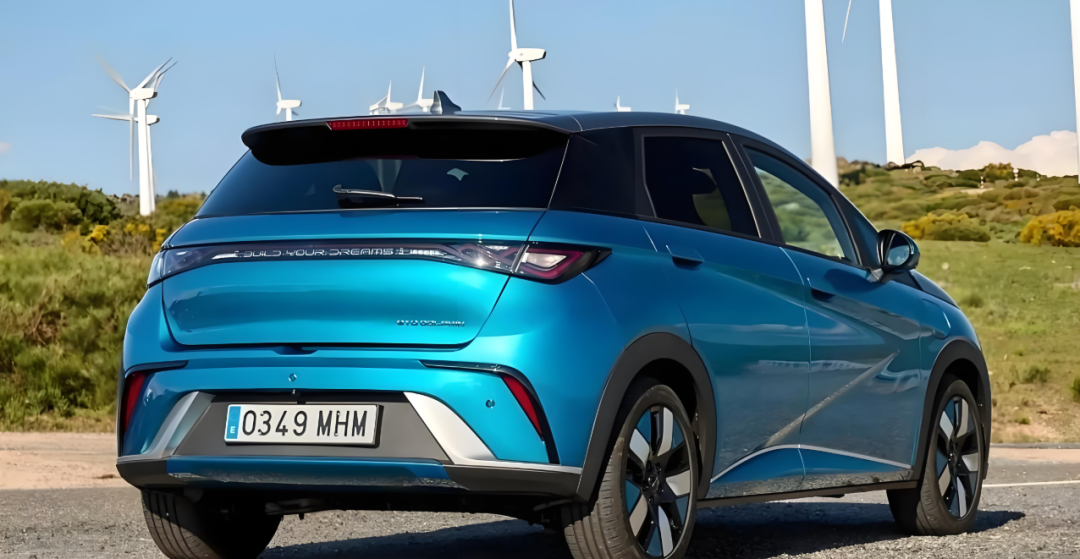
△ Chinese automakers need to infuse more localized elements into their European operations
Outperforming Japanese and Korean Automakers in Being 'Japanese and Korean'
In the European automobile market, in addition to local automakers, major multinational automaker giants are also striving to gain a foothold.
As emerging players on the global automotive stage, Japanese and Korean automakers have secured a presence in the European market by relying on higher cost-effectiveness and more reliable and stable quality. Today, Toyota, Hyundai, and Kia models are ubiquitous on the streets of major European cities. However, it cannot be overlooked that American automakers serve as a typical counterexample in Europe. Due to continuous losses, General Motors exited the European market as early as 2017, selling Opel/Vauxhall (the latter being the brand name used by Opel in the UK market) to the then-Peugeot Citroën Group. After the acquisition, the latter achieved profitability within a short period, leaving General Motors in an awkward position.
As for Ford, it is barely hanging on in Europe. Except for the commercial vehicle segment, where the Transit van remains in the mainstream, its passenger car business in Europe lacks significant highlights. Fundamentally, the models launched by General Motors and Ford, in terms of positioning, performance, or marketing promotion, have failed to resonate with European users.
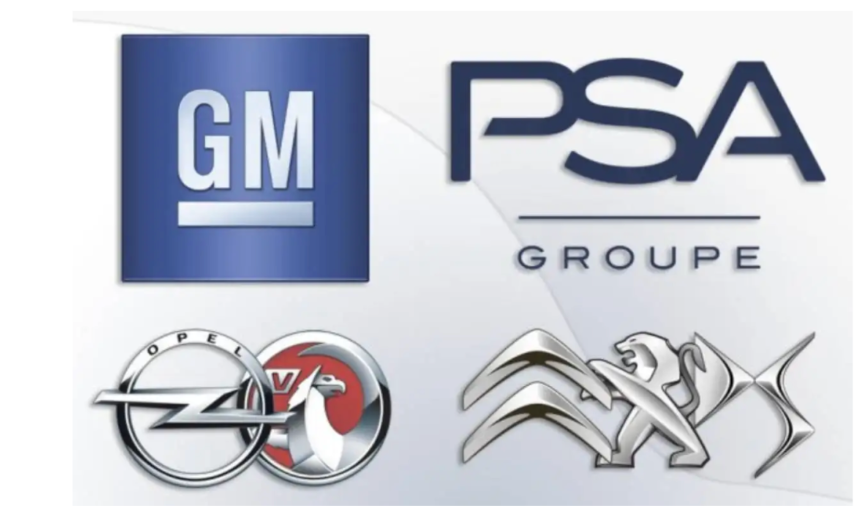
△ General Motors sold its European business to the French Peugeot Citroën Group as early as 2017
For Chery, the successful practices of Japanese and Korean automakers are worth emulating, and the lessons learned from the failures of American automakers need to be summarized. However, it is certain that Chery must rely more heavily on local talent in Europe. Before Geely acquired Volvo, Volvo Cars actually belonged to Ford's luxury car group. At that time, Ford sent hundreds of executives to the Swedish headquarters, which faced strong resistance from Swedish local executives at Volvo. Both Germany and Spain possess complete automotive industrial chains and attract a large number of engineering talents. After acquiring Volvo, Geely was able to rise rapidly and become a mainstream player, with Volvo's Swedish engineers playing a pivotal role. If Chery can be inclusive and absorb more outstanding engineers from Spain and Germany, it will significantly contribute to serving Chery's European strategy and aiding in its further expansion into the international market.
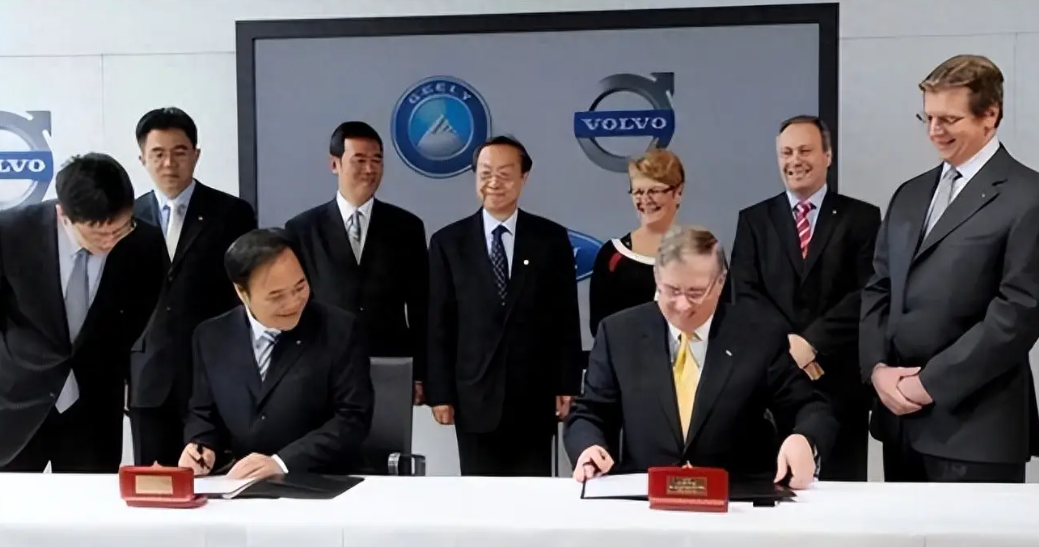
△ Geely's successful acquisition of Volvo, which exemplifies effective management of a German company, is a case worth Chery's reference
Review
From a strategic standpoint, Chery is making a substantial investment this time. However, compared to markets like Russia, the Middle East, and South America, operating in the European market is significantly more challenging. Chery must reserve sufficient funds and prepare for a prolonged battle to succeed in the European market. But the greater the challenge, the greater the opportunity. If Chery can triumph in the European market, it will transform into a truly international automaker.
(This article is originally created by Heyan Yueche and may not be reproduced without authorization)


